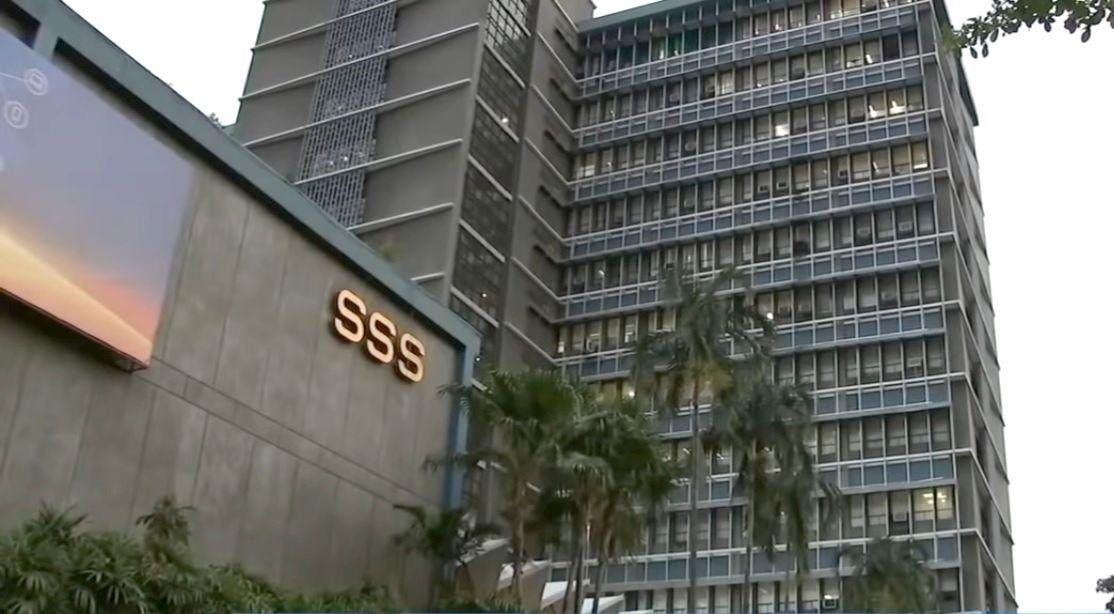
We had huge anticipation of 1979, growing up. The United Nations Educational, Scientific and Cultural Organization (UNESCO), had proclaimed the year as the International Year of the Child. On Assembly Ground, we were made to sing; “International Year of the Child// A Year of joy// A Year of Peace// A year of dedication.
1979 we hail thee; 1979 we hail thee!” Part of our expectation was that 1979 would unlock many windows of opportunities for us. For those of us in the East that still bore the scars of the 1967-1970 civil war and did not have the luxury of free education, we hoped that by 1979 all the uncertainties would be over and we would have life in abundance. But as the years before it, 1979 came and passed without serious impacts on our dream.

Another wind of excitement came when, in December 2009, the United Nations General Assembly adopted Resolution 64/134 proclaiming the year commencing August 12, 2010, as the International Year of Youth. The Resolution called upon governments, civil society, individuals and communities worldwide to support activities at local and international levels aimed at increased youth participation in all aspects of the society. Before then, Nigeria had flaunted Year 2000 as a period to extend the frontiers of development in all sectors.
We heard of education, good health and equity for all in the Year 2000. Coming at the dawn of civilian administration, politicians latched onto the slogan to make grandiose promises to the people. Whether the pledges were fulfilled or not was another thing.
But in all the instances what sustained the people was hope, hope for a better life! Hope, further stretched, approximates to faith, which the Bible, the Christian holy text, in Hebrews 11:1, defines as “the assurance of things hoped for, the conviction of things not seen”. Thus, the central feature of faith is confidence or trust. It is this hope of brighter a future that informs the excitement with which the citizens welcome each new year.
On the 2025 New Year’s Day, that animation was palpable. The moment the clock ticked 12.00 a.
m., the world literally went into wild ululation. In many parts of the country, the youths emptied into the streets, ushering in the new year.
The leaders at all levels, in the mood of the moment, gave assurances of good governance to the people. Nigerians had good reasons to embrace 2025. The previous year, 2024, was hellish, for want of a better expression.
Cerebral public affairs analyst, Dakuku Peterside, in his article, titled, “Letter to the Year 2024,” captured it as a time when “Nigeria’s food inflation rate rose to close to 40% by mid-year, pushing millions into poverty. National Bureau of Statistics reports indicated that over 71 million Nigerians faced food insecurity by the third quarter. The exchange rate rose by over 60%.
Yet, amid these challenges, the Nigerian people showed remarkable resilience and perseverance. “2024 was a year in which essential commodities such as rice, maize and garri doubled in price within months. Petrol price fluctuated between N700 and N1,200 per litre, severely impacting transportation and logistics.
Even sachet water, popularly called ‘pure water’, became a luxury for many, reflecting the depth of economic strain”. Faced with the dire economic situation, many Nigerians turned to food distribution centres for respite. And something had to give in, with profound consequences.
Within three days, between December 18 and 21, 67 Nigerians were crushed in stampedes at food camps in Ibadan, Oyo State, Okija, Anambra State, and Abuja. Breakdown of the accidents indicated that 35 children died in Ibadan, while six suffered various injuries. Three days after, 10 persons were confirmed dead at the Holy Trinity Catholic Church, Maitama, Abuja, during an annual charity event organised by the church to distribute foodstuff to the poor and the vulnerable in the community.
The same day, another stampede happened in Okija. Police confirmed 22 dead and scores injured. The three were not the first of such occurrences.
In April, nine people were trampled to death and 30 others injured while scrambling for Sallah palliatives at Senator Aliyu Wamakko’s home in Sokoto State. On March 20, two students of Nasarawa State University died while scrambling for 7.5kg bags of rice distributed by the state government.
Seventeen others, mostly females, were injured. Four days later, on Friday, March 24, at least seven females, with ages ranging from eight to 53, were trampled to death, while others sustained injuries in a stampede at the annual Zakat distribution of N10,000 organised by AYM Shafa Foundation in Bauchi. In February, seven people were killed in Lagos while struggling to buy confiscated rice being sold by the Nigeria Customs Service (NCS) to the public as an intervention in the face of hardship and hunger.
Other incidents of hardship took their toll on the people. With such level of uncertainties, you won’t blame the people for losing faith in themselves and the government. Therefore, 2025 comes with renewed hope for a prosperous future.
But that is where the wishes end. Making 2025 better than the previous years goes beyond mere expression of “happy New Year” to the people. The government needs to fashion out policies and programmes that will minimise the level of poverty in the land.
2025 may be fresh but it has started counting. The Chinese saying that a journey of 1000 kilometres starts with a step, is fitting and apposite here. Part of why Nigeria has found itself in the present flipflop situation, is the absence of planning by the leadership class.
For a system that has wobbled and fumbled under the weight of confusion, getting it right requires the government returning to the drawing board and coming up with policies and actions that will put the economy on sound footing. President Bola Tinubu administration does not have the luxury of time for engaging in high-sounding economic policies and pronouncements that do not have direct bearing on the life of the people. Such fleeting stop-gap programmes as conditional cash transfer to the vulnerable that do not have fool-proof measures to assess their implementation, need to be reworked for them to be sustainable.
Also, import restrictions and duties that make the cost of food items beyond the reach of ordinary Nigerians, must be relaxed. Insecurity that is scaring the farmers away from their farms must be tackled. As we usher in 2025, any conditions that will expose Nigerians to the vagaries of food distribution centres should be avoided.
.















